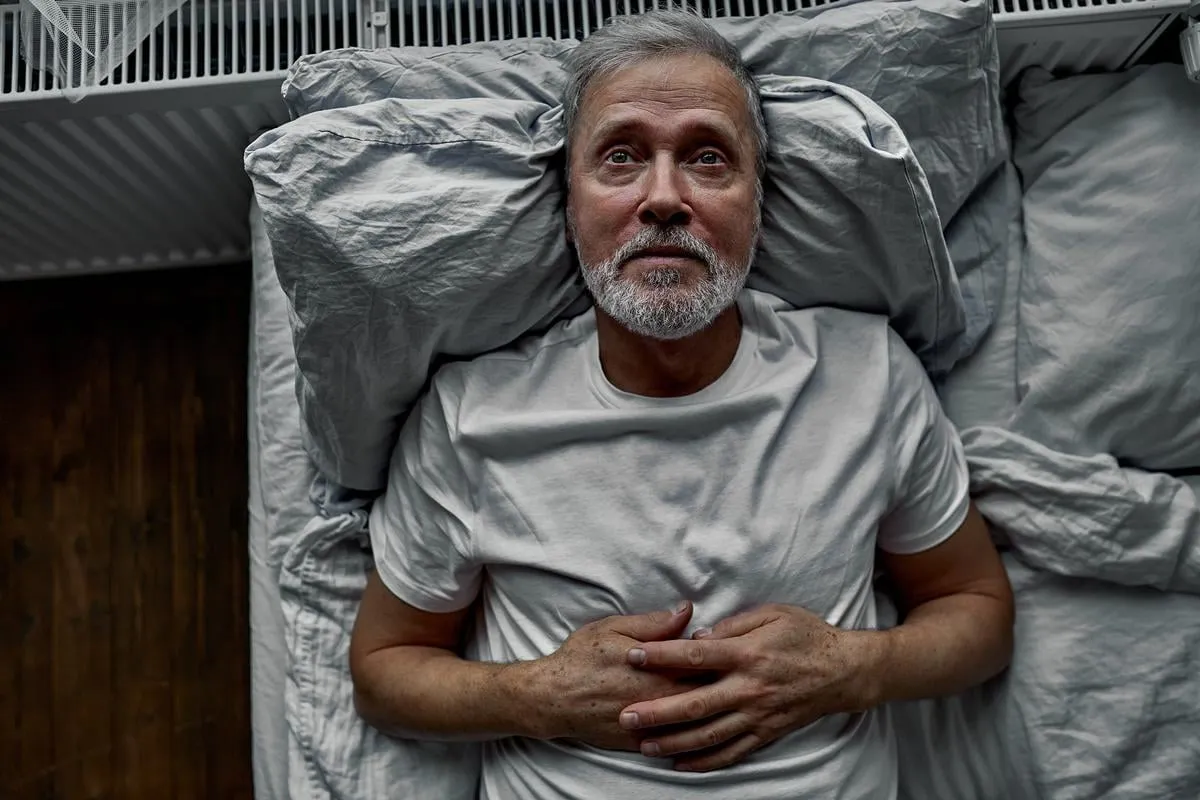Surgery and Anesthesia: Impact of Sleep Quality on Postoperative Delirium Risk

Understanding the Impact of Sleep Quality on Surgery Outcomes
FRIDAY, Oct. 25, 2024 (HealthDay News) -- Inadequate sleep and worsening sleep trajectory are associated with postoperative delirium among adults undergoing noncardiac surgery under general anesthesia, according to a study presented at the annual meeting of the American Society of Anesthesiologists, held from Oct. 18 to 22 in Philadelphia.
Key Findings from the Study
Faegheh Miryousefiata, M.D., from the Cleveland Clinic Foundation, and colleagues examined the correlations between poor sleep burden and the risk for delirium following surgical procedures. A total of 150 patients undergoing noncardiac surgery under general anesthesia were assessed for their sleep characteristics using the Pittsburgh Sleep Quality Index (PSQI). PSQI component scores ranged from 0 to 3, with the total score varying from 0 to 21; higher scores indicated poorer sleep burden.
Increased Risk for Delirium
The researchers found that the risk for developing delirium was higher among patients with poor sleep burden who were young and elderly (18 and 20.9 percent, respectively). When restricted to postoperative delirium and excluding the potential of underlying dementia, these associations were stronger.
Age-Related Factors
In the population monitored throughout the trial, delirium was associated with increased sleep load. A significantly higher chance of experiencing delirium was seen for people who experienced a worsening of their PSQI over three scores, indicating severe bad sleep quality load, especially for those aged 45 to 64 years, regardless of baseline sleep score and time lag.
Disclaimer: The information provided on this site is for informational purposes only and is not intended as medical advice. We are not responsible for any actions taken based on the content of this site. Always consult a qualified healthcare provider for medical advice, diagnosis, and treatment. We source our news from reputable sources and provide links to the original articles. We do not endorse or assume responsibility for the accuracy of the information contained in external sources.
This article was prepared using information from open sources in accordance with the principles of Ethical Policy. The editorial team is not responsible for absolute accuracy, as it relies on data from the sources referenced.